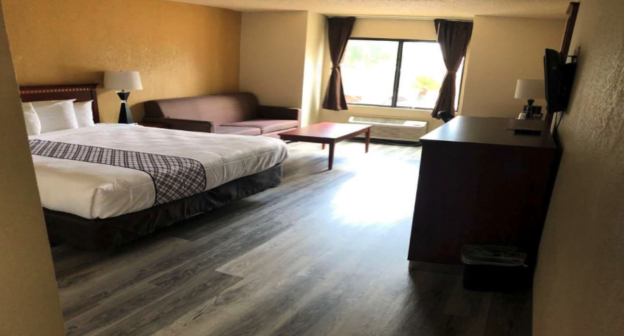The Small Business Administration (SBA) is offering Economic Injury Disaster Loans (EIDL’s) in response to the massive economic impact of the various shutdowns in sectors of our economy, particularly those in the hospitality industry.
We have been hearing questions from our clients and wanted to give you the answers to the most frequently asked questions:
Frequently Asked Questions
• My locality is not shown as disaster area. How can I apply for funding? On March 19th, 2020, the President designated all localities as disaster areas. Due to high volume, there have been delays in updating the SBA website. Please recheck their website daily.
• What are the fees to apply for an SBA disaster loan? SBA does not charge upfront fees to apply for a disaster loan.
• What is the interest rate for the SBA disaster loan? Rates for businesses will be 3.75% fixed for 30 years.
• What are the business costs that are eligible to be covered? You may utilize the proceeds for working capital for business expenses only including supplies and materials, payroll, debt payments, utilities, and other operational costs. Essentially any expense that appeared in the business expenses in their financials in the past 12 months is likely eligible. Anything else such as expanding or renovating a facility or making capital equipment purchases (vehicles or other equipment) is not.
• How are SBA disaster loans secured/collateralized? Loans will be collateralized if over $25,000 if collateral is available with real estate being the preferred collateral.
• How will SBA decide whether or not to approve my loan? SBA will use credit scores in their decisions for approval.
• What documents do I need to have ready? You will need your most recent tax returns, personal financial statement, and Form 4506-Ts.
• What’s the timeline to apply and be approved for an SBA Disaster Loan? Timeline is expected to take less than a week for approval using the scoring system after a business applies directly online (they will use tax return transcripts as well to verify applications). The SBA is targeting 30 days to close.
• What is the maximum loan amount offered? Loan amounts will be up to $2.0 million for a business applicant and all its affiliates. In a Phase I application, the maximum loan amount will be 50% of the business’s gross profit from their last completed year. However, larger businesses can proceed to a Phase II application that will require additional documentation if they need more than $500,000.
• What does “no credit elsewhere” mean? SBA disaster funding includes opportunity loans available to borrowers who aren’t able to obtain credit elsewhere.
GRP Capital is on your Side!
We are able to assist a limited number of clients who wish to apply for SBA disaster assistance. Please contact us right away.
GRP President Rick Patel’s most recent letter to clients: COVID-19 Update 2020-03-16










 Get Started
Get Started